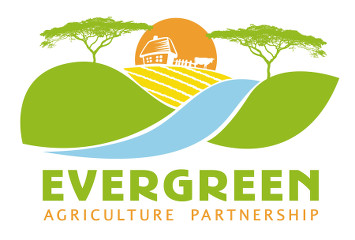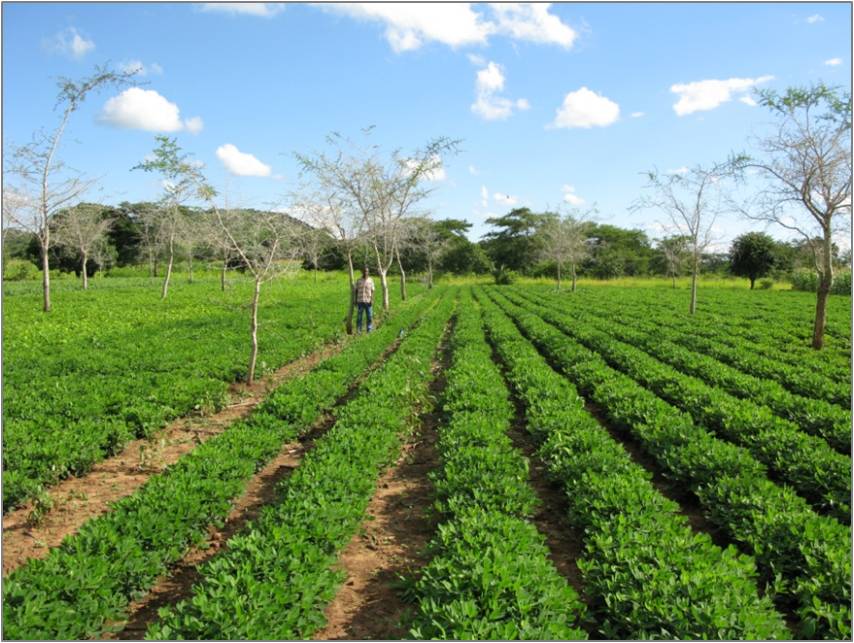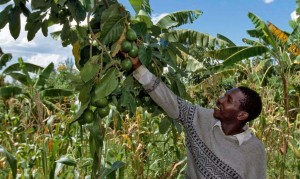By adopting agroforestry and improved agricultural practices, a community in western Kenya has increased their income and improved their living standards. They are now training other farmers to do the same.
Smallholder farms make up most of the remote village of Siwot in Kericho County. Part of the wider western Kenyan region, most farmers grow maize, beans and vegetables for subsistence, and coffee and sugarcane as cash crops. And like many communities in western Kenya, and in the Nyando river basin in particular, they are aware of the potential that impact climate change will have on their lives and those of their children.
For years, the farmers’ efforts in small-scale agriculture produced little meaningful return. But this did not stop the community from having a collective vision for their prosperity: They wanted to improve their living standards, educate their children, engage in farming as a business and add value to cash crops to increase their income. What they lacked was the knowledge to make this happen. So, in 2008 some 46 men and women from the village got together to form the Toben Gaa Self Help Group with the express aim to achieve prosperity for themselves and their community.
Since 2009, the World Agroforestry Centre (ICRAF) has been implementing a project designed to enable communities in the Nyando watershed to mitigate the impact of climate change-related challenges, by improving their adaptive capacities. These projects are instrumental in maintaining and even improving their livelihoods and general well-being.
According to scientists at the World Agroforestry Centre, on-farm forestry, or the intentional use of trees in the cropping system, has proven to be effective in the mitigation of and adaptation to climate risks. Taking into consideration the sometimes complicated processes of rural transformation, a new approach to agroforestry promotion, Asset-Based Community-driven Development, was adopted in in 2011.
Asset-Based Community-driven Development, or ABCD, teaches participants to understand and appreciate the value their belongings, and to use their various natural, physical, human, social, cultural and financial assets to improve their livelihoods. The ABCD approach was implemented in collaboration with the Coady International Institute, a pioneer in teaching community development. The project was supported by the Comart Foundation.




